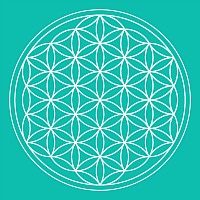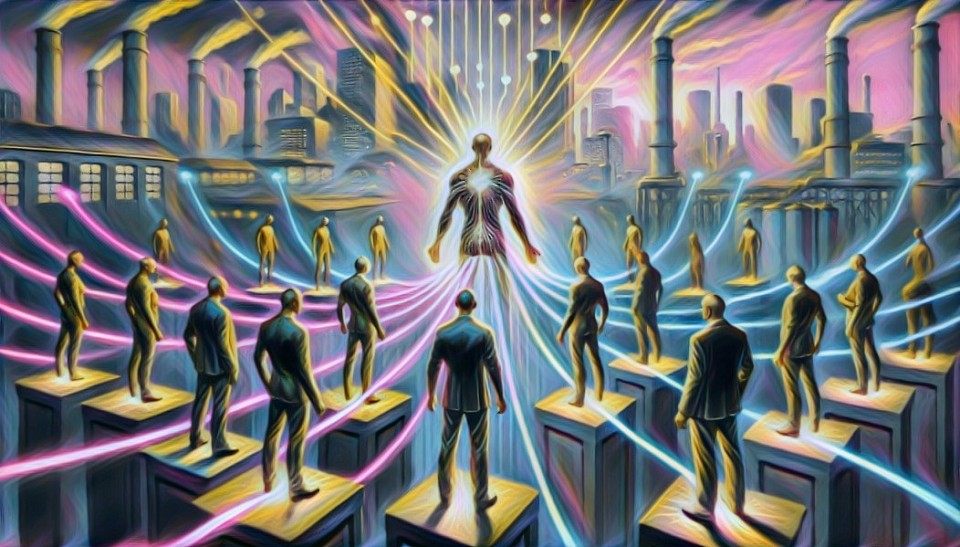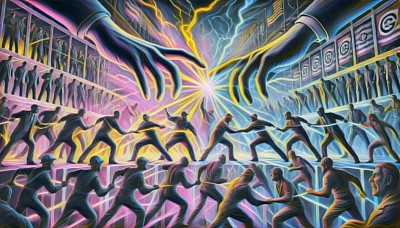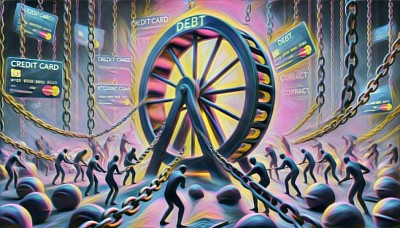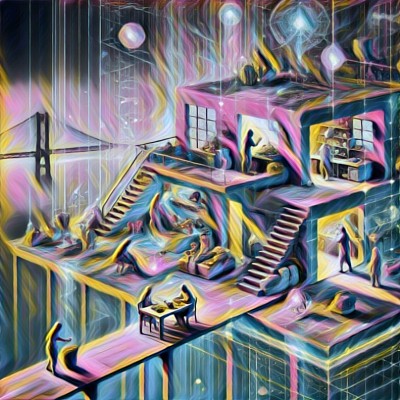The Godess Guides Us
My Name is Cassandra
My whole life, I have felt like an outsider, looking in at a world that I didn't quite understand but would have given anything to be a part of. My family tells tales of unusual psychic experiences in my early childhood; I told my mom she was having twin boys long before any could have known and I started predicting bad weather at 5-years-old. I've learned that the thing that humans and storms have in common is that they both generate their own magnetic fields. This has led me to conclude that it's a combination of neurodivergent pattern recognition and a senitivity to change in the magnetic spectrum.
Camelot: a time, place, or atmosphere of idyllic happiness.
The first time I read that it got me to thinking about what Camelot would look like today. When I think of idyllic happiness I don’t imagine a world without challenging experiences; I imagine a world where everyone has the opportunity to process those experiences and grow from them. I imagine that public and private behavior can be the same behavior because more importance is placed on authenticity than on obedience; that nobody goes without and everyone has the opportunities they work for. I don’t want to just imagine Camelot though. I want to find a way through the whole of the modern world and live there.
When I had a stroke in 2011, I became a partial quadriplegic three weeks before my 29th birthday.
I struggled for years before realizing that I had been aligned with my purpose in the only way that would have worked. I have always felt the weight of a looming destiny; the pull of unfulfilled purpose. Finding Camelot is about the journey between where we are in this moment and where we hope to be in the next.
I offer the story of my initiation as the only credentials I have.
The Challenges We Face
The current economic system strips members of the working class of their power as the inherit owners of their own labor by denying them full control over its value and impact.
The working classes see their effort generate significant profits for employers, while they remain confined to stagnant wages.
They are unable to benefit directly from what they create and lose control over their time and labor’s value, as a means of production. They are forced into constant competition and denied a stable foundation to build economic independence.
1. Wage and Labor Alienation
Workers exchange their labor for wages, but they do not own the products of their efforts. This alienation removes the worker’s connection to their own productivity and reduces their labor to a means of survival, rather than a source of fulfillment or empowerment.
- Labor Without Ownership – Workers exchange their time and effort for wages, yet they have no claim to the products they create. Their labor builds wealth, but that wealth belongs to someone else.
- Wages That Don’t Keep Up – While productivity rises, wages often stagnate. The cost of living climbs, but workers see little return on their growing contributions.
We Believe That Record Profits are Stolen Wages
- Disconnected from Their Work – When workers don’t own what they produce, their labor becomes just a transaction—a necessity for survival rather than a source of pride or creativity.
- The Loss of Fulfillment – Work should empower, inspire, and sustain—not just pay the bills. But in a system where profit takes precedence, the worker’s role is reduced to a replaceable part in a machine.
2. Suppression of Collective Power
Organized labor movements and unions historically gave the working class a means to negotiate the value of their labor. However, the decline of union membership, coupled with anti-union policies and corporate resistance, has diminished workers’ ability to act collectively.
- Impact: Without collective bargaining, individual workers are left vulnerable to exploitation, with little leverage to demand fair wages, humane working conditions, or job security.
3. The Privatization of Essential Needs
Access to housing, healthcare, education, and even retirement security has been privatized, forcing workers to rely on wages to afford necessities that should be guaranteed. This dependency ensures that labor remains tied to corporate profit structures rather than individual empowerment.
- Impact: Workers must spend increasing portions of their income, reducing their ability to invest in themselves, their families, or their communities.
4. Debt and Financial Dependency
A significant portion of the working class is trapped in cycles of debt, whether through student loans, credit cards, or predatory lending. Debt functions as a tool of control, compelling workers to prioritize immediate survival over long-term goals, effectively undermining their autonomy.
- Impact: The need to service debt forces workers to accept exploitative jobs, often with little regard for whether these roles align with their skills or aspirations.
5. Concentration of Wealth and Power
A disproportionate share of wealth generated by labor is concentrated at the top of the economic hierarchy—with executives, shareholders, and investors—while the working class receives only a fraction. This dynamic perpetuates systemic inequality and keeps power concentrated in the hands of a few.
- Impact: Studies show that worker productivity has increased significantly over the last few decades, but wages have not, meaning that the value created by labor is being extracted by capital owners.
Building a Better Tomorrow, One Household at a Time
With Finding Camelot, I want to reimagine how households and communities function, blending practicality with my vision for a sustainable, equitable future. This approach to communal living is both dynamic and adaptable.
It is designed to foster resilience, collaboration, and self-sufficiency.
As our network grows, each addition strengthens the foundation of an interconnected, thriving community. By balancing efficiency with self-sufficiency, we aim to create a scalable model that empowers members while ensuring the long-term sustainability of the organization.
We offer more than just housing—we are redefining what it means to live, work, and grow together.
Finding Camelot isn’t just about providing housing—it’s about creating a movement. By empowering households to function independently while uniting under a shared vision, we’re laying the groundwork for collective action.
